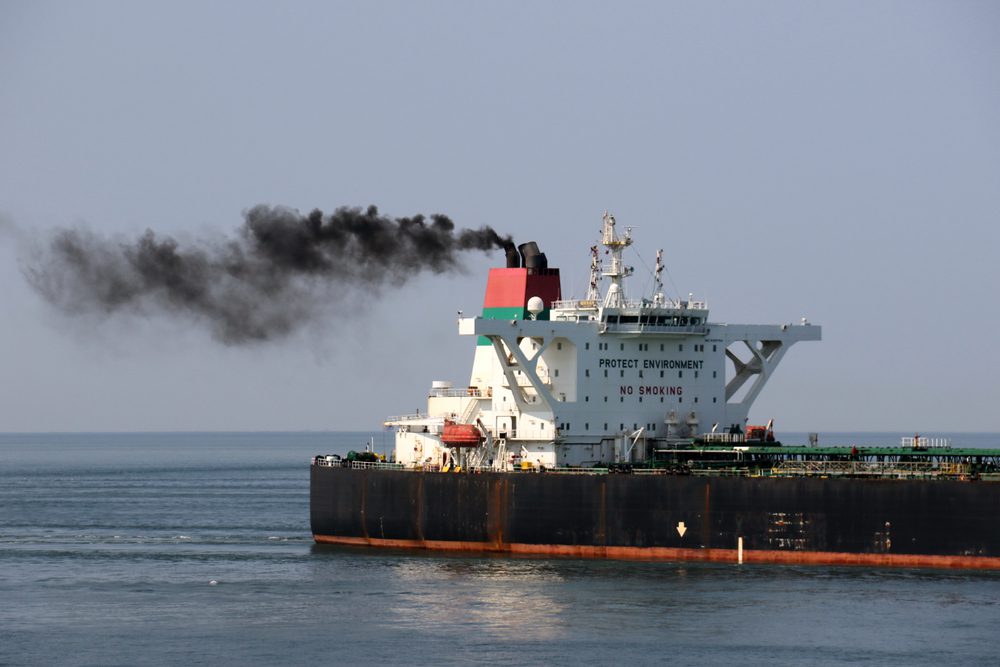Pacific Ocean States Escalate The Fight For Ocean Rights
By Alister Doyle (Thomson Reuters Foundation) – Small island states in the Pacific are opening a new front in the fight against rising seas, to secure rights to an ocean...

MartinLueke / Shutterstock.com
![]()
By Nina Chestney LONDON, July 2 (Reuters) – A global goal to achieve net zero carbon emissions by 2050 will not be met without a huge acceleration in clean energy innovation, the International Energy Agency (IEA) said on Thursday.
The 2015 Paris Agreement set a target to curb global warming and reach net zero emissions in the second half of the century.
In a special report, the IEA analysed more than 400 clean energy technologies and said that although renewable technologies in use now can deliver a large amount of emissions reductions, they are not enough on their own.
It found that there are currently few technologies available for reducing emissions to zero in sectors such as shipping, trucking, aviation and heavy industries.
“Without decarbonising the transport sector there is no chance whatsoever of meeting climate targets,” IEA executive director Fatih Birol told Reuters.
“Around half of emissions reductions that are needed still require major innovation of clean technologies. Whatever we do with renewables will not be enough on their own and it will be all but impossible to meet net zero by 2050,” he added.
The four most critical clean technologies needing innovation are battery technologies, carbon capture and storage, bioenergy and low-carbon hydrogen, which are currently mostly in the development phase and/or costly.
Global CO2 emissions are expected to be 8% lower this year than in 2019 – their lowest level since 2010 – as energy demand has slumped due to the coronavirus pandemic, but they are likely to rebound as economies recover unless action is taken.
Although there are likely to be less funds available for bringing new technologies to market right now, economic recovery plans being developed by a range of countries provide an opportunity for governments to support clean energy technology progress, the IEA said. (Reporting by Nina Chestney; Editing by Kirsten Donovan)
(c) Copyright Thomson Reuters 2020.
This article contains reporting from Reuters, published under license.

Sign up for gCaptain’s newsletter and never miss an update

Subscribe to gCaptain Daily and stay informed with the latest global maritime and offshore news
Essential news coupled with the finest maritime content sourced from across the globe.
Sign Up